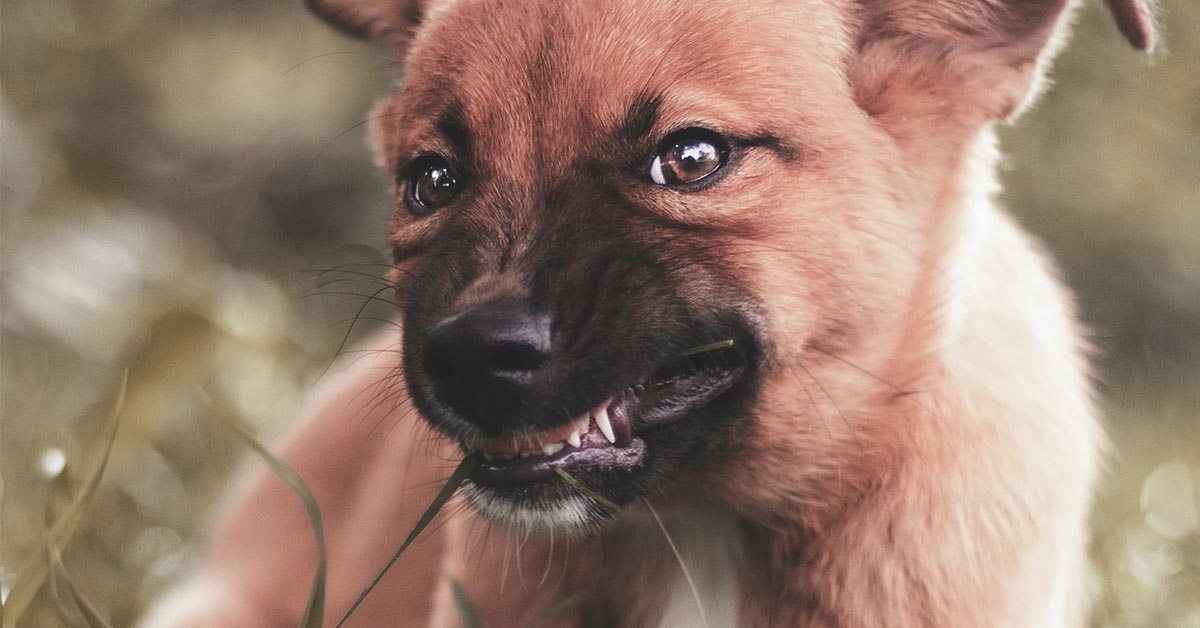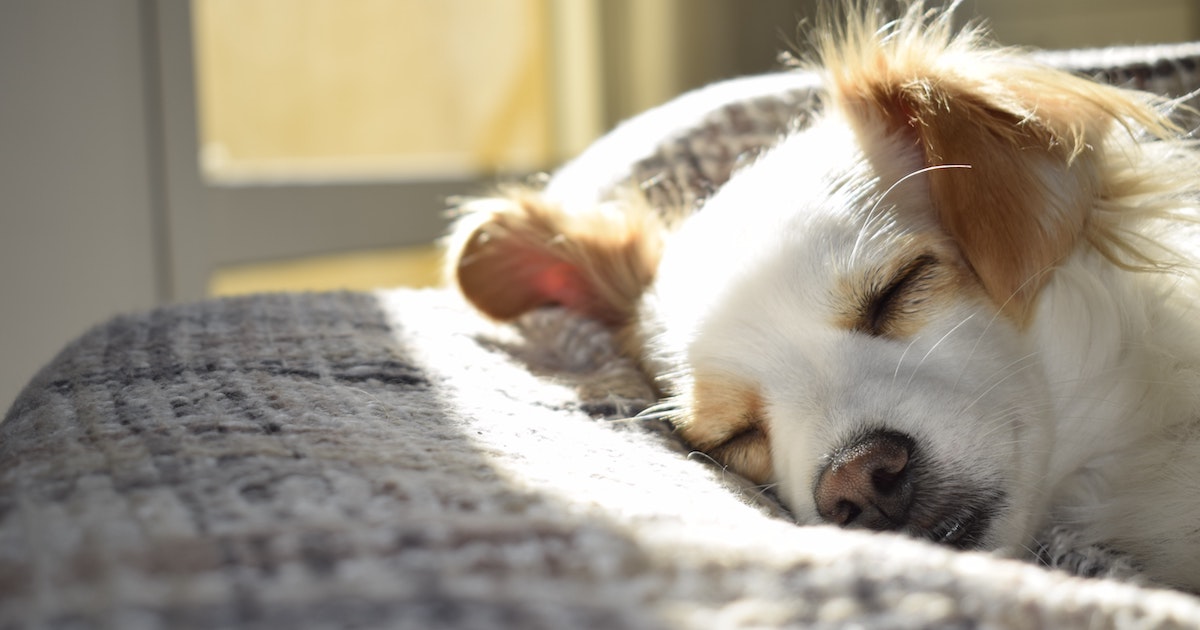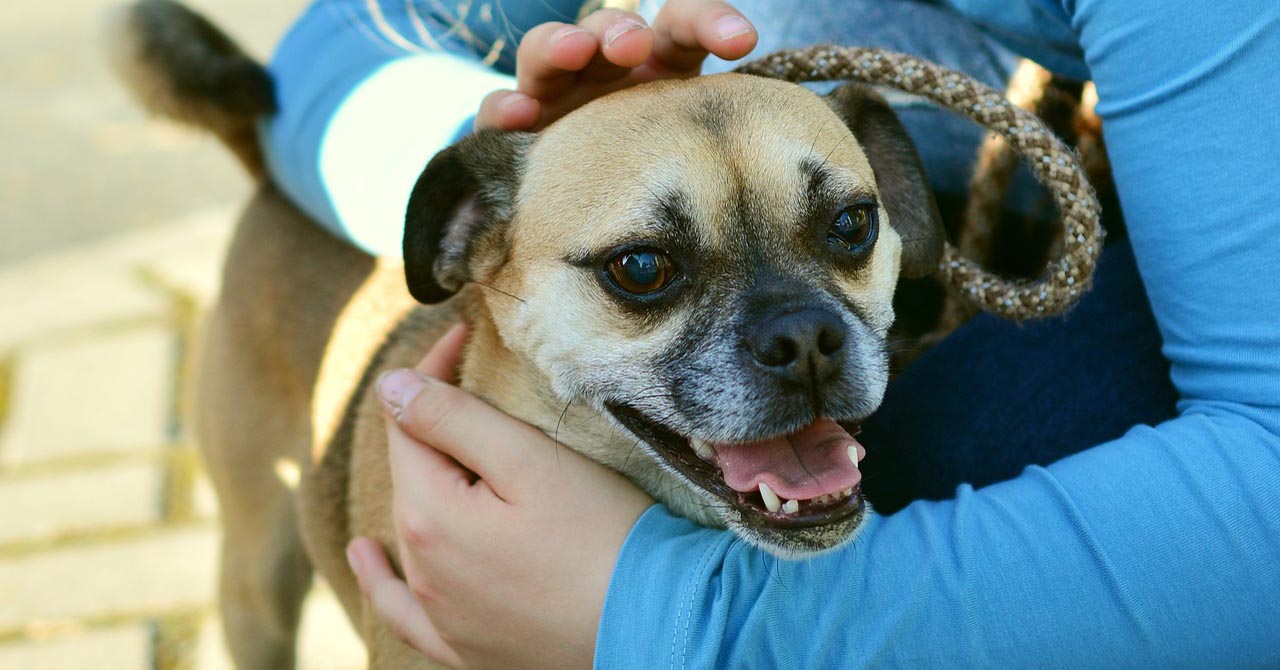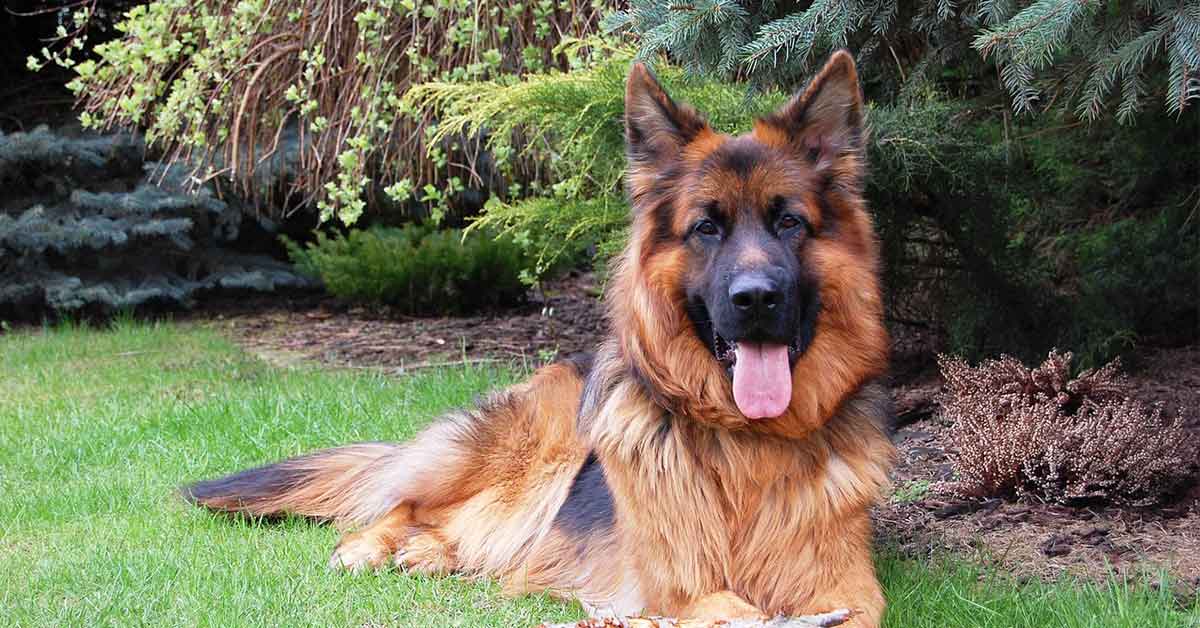Barking, growling, and snapping is sure induce fear in even the most experienced dog handlers. Whether you and your dog are being approached by an aggressive dog or if you own an aggressive dog yourself, it's very important to know how to calm an aggressive dog behavior. Knowing how to calm an aggressive dog can minimize your risk of being bitten. Before trying anything, you must first understand what motivates dogs to become aggressive.
Reasons A Dog Might Be Acting Aggressively
- Fear is the number one reason for most dog aggression. Fears drives all animals to their fight or flight instincts. If a dog has had a bad past experience with other dogs and/or people, that can cause them to be fearful and aggressive.
- Pain from illness or old age an cause your dog to be less tolerant and more likely to act aggressively.
- Guarding food, toys, the house, and/or the yard can be a behavior experienced by many dogs. Stray and shelter dogs often have tough beginnings where resources have been scarce in the past driving them to guard what is theirs. Working breed dogs without a job and proper mental stimulation can resort to guarding to fill their need for a purpose.
- Frustration from not being able to get something on the other side of barrier can cause a dog to redirect their frustration aggressively towards whomever is nearby. This behavior is often seen in dogs that spend long periods of time tied up or left outside with too much time to start obsessing over people and dogs passing by.
Steps To Calm An Aggressive Dog
The following tips will help you diffuse an aggressive dog situation. Remember that dogs can cause great injuries and even death, proceed with caution. Once you are safe contact a professional dog trainer to assist you with your dog's aggressive behavior. An animal control officer can help you get an aggressive stray dog to the right place and resources.
- Practice Prevention: If you are aware what is causing the dog to act aggressively, eliminate that factor if you can to calm an aggressive dog. Refer to the list above to see if you can identify what is causing the dog to act aggressive.
- Be Calm: When a dog is snapping or growling, your first instinct is probably to yell "NO!" Loud scolding can cause your dog to become fearful, defensive, and more aggressive. Dogs feed off our energy so easily. Staying calm yourself, can calm an aggressive dog. NEVER use punishment to correct aggressive behavior, contact a professional dog trainer for help.
- Understand Body Language: Dogs use a lot of different body language signals to show that they are uncomfortable, fearful, and aggressive. Knowing those signals can help you detect a possible aggressive reaction, BEFORE it happens. Look out for tense body posture, lip licking, large dilated pupils, tucked tail, and a ducked or turned away head. Turn your body and eye contact away from a dog that is coming towards you aggressively to let the dog know you aren't a threat.
Dog aggression is a serious matter that requires professional help from a dog trainer to correct. Do you have an aggressive dog in Knoxville, TN or Sevierville, TN? Book a free meet and greet with a positive reinforcement dog trainer to discuss private dog training lessons and create a personalized training plan to fit your dog's needs.











